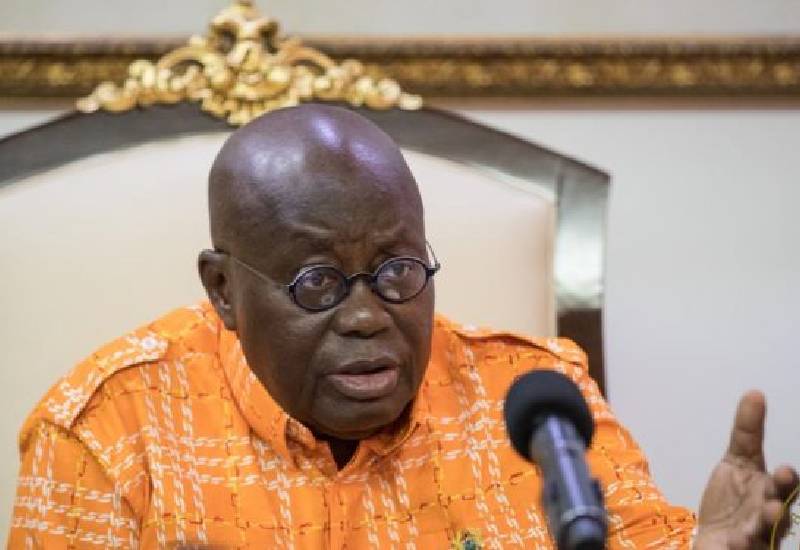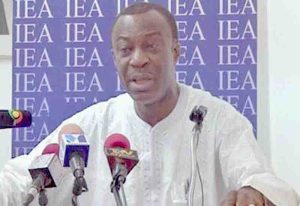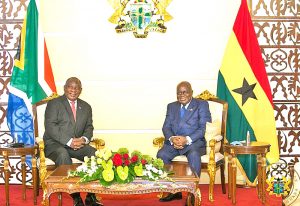The assertion made by President Nana Addo Dankwa Akufo-Addo during his 2024 Founders’ Day address that “Ghana was not founded by one man” raises several intriguing questions, particularly concerning the motivations and implications of his statement. To dissect this pronouncement, one could delve deep into a range of socio-political and historical contexts.
Why Now?
The timing of the President’s comments is crucial to examine. It comes in an era where national identity and historical narratives are being fiercely debated both within Ghana and in broader African contexts. The emphasis on a collective struggle rather than a singular heroine or hero mirrors a growing global trend of deconstructing historically glorified figures to accommodate a more nuanced understanding of history. Is the president responding to a sentiment among younger generations who might feel disconnected from traditional narratives that celebrate only iconic leaders like Nkrumah? Is there a desire to foster unity by recognizing the contributions of various entities to national development?
Addressing Nkrumah’s Legacy
The president’s insistence on a collective foundation for Ghana implies a critique of the Nkrumah-centric narrative that has dominated many historical discourses. Nkrumah is often portrayed as the face of Ghana’s independence—an image cemented further by his commemoration through the Kwame Nkrumah Memorial Day. However, such glorification can overshadow the contributions of other equally significant figures and movements. Was the president’s statement a way of rebalancing the narrative to foster a more inclusive identity for Ghanaians, one that recognizes multiple heroes rather than a monolithic founding father?
Political Implications
Politically, this stance can also be viewed as an attempt to navigate the factionalism within Ghana’s political landscape. By embracing a more collective historical approach, Akufo-Addo may be attempting to unify diverse political ideologies and factions that exist in Ghana today. Some groups may see Nkrumah’s legacy through the lens of socialism while others through a more capitalist perspective, depending on their political leaning. In promoting a multitude of contributors to independence, does the president seek to dilute this division and foster a sense of shared identity that transcends partisan politics?
Historical Accuracy vs. National Identity
The president’s comments can also be interpreted as a call for historical accuracy. Acknowledging the collective struggle is essential to a comprehensive understanding of Ghana’s history. His reference to figures like Joseph Casely Hayford and Thomas Hutton-Mills raises the question of how often they are celebrated in public discourse compared to Nkrumah. By advocating for a broader recognition, is Akufo-Addo endeavoring to ensure that Ghana’s educational curricula adequately reflect the diverse contributions to the nation’s independence?
Societal Reflections
Lastly, this statement may reflect a shift in societal values. Ghanaians are increasingly interested in collaborative governance and societal contributions. The notion that history consists of multiple narratives can mirror contemporary views of democracy, where collective participation is seen as a hallmark of progress. President Akufo-Addo’s framing invites reflection on how Ghanaians view their societal contributions—encouraging a shift from venerating singular figures to appreciating communal efforts.
In summary, President Akufo-Addo’s rejection of the idea that Ghana was founded by one individual is a multifaceted statement with historical, political, and societal implications. It challenges prevailing narratives, aims to foster unity, and emphasizes the importance of recognizing the collective struggle that has shaped Ghana. The question “Why now?” invites a deeper exploration into national identity, historical accuracy, and the contemporary political climate in Ghana.
Godwin Owusu Frimpong




